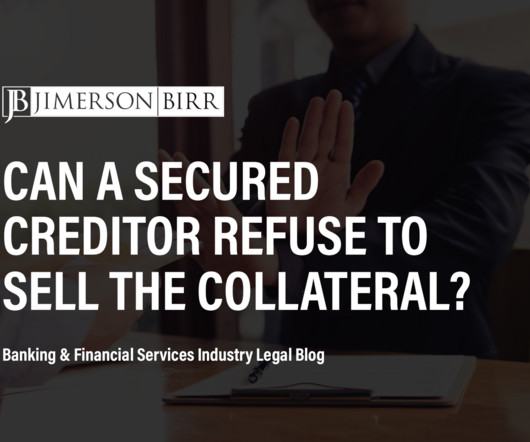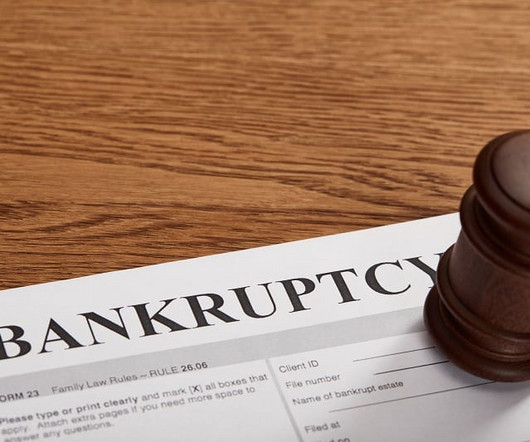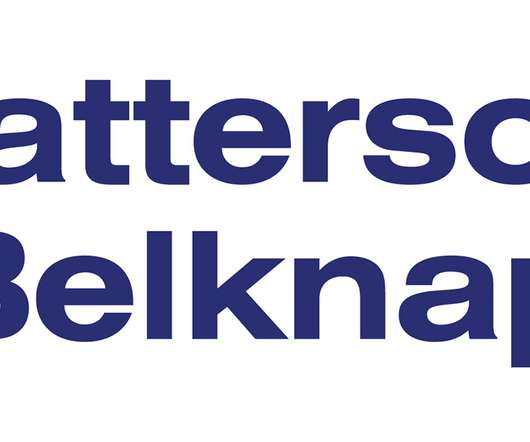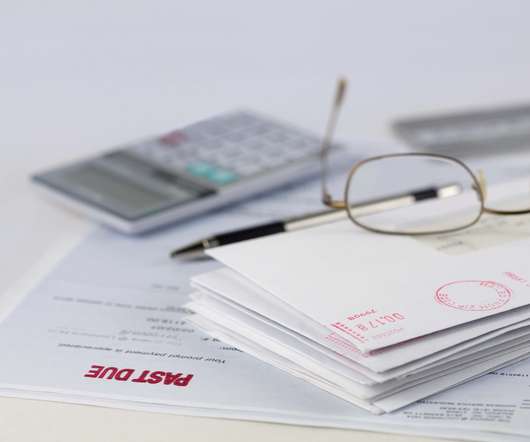Can a Secured Creditor Refuse to Sell the Collateral?
Jimerson Firm
NOVEMBER 27, 2023
If the debtor consents and no one otherwise objects, a secured party may accept the collateral in full or partial satisfaction of the obligation. A debtor is deemed to consent to the acceptance of collateral in partial satisfaction of the obligation if the debtor agrees to the terms of acceptance in a record authenticated after the default.






















Let's personalize your content